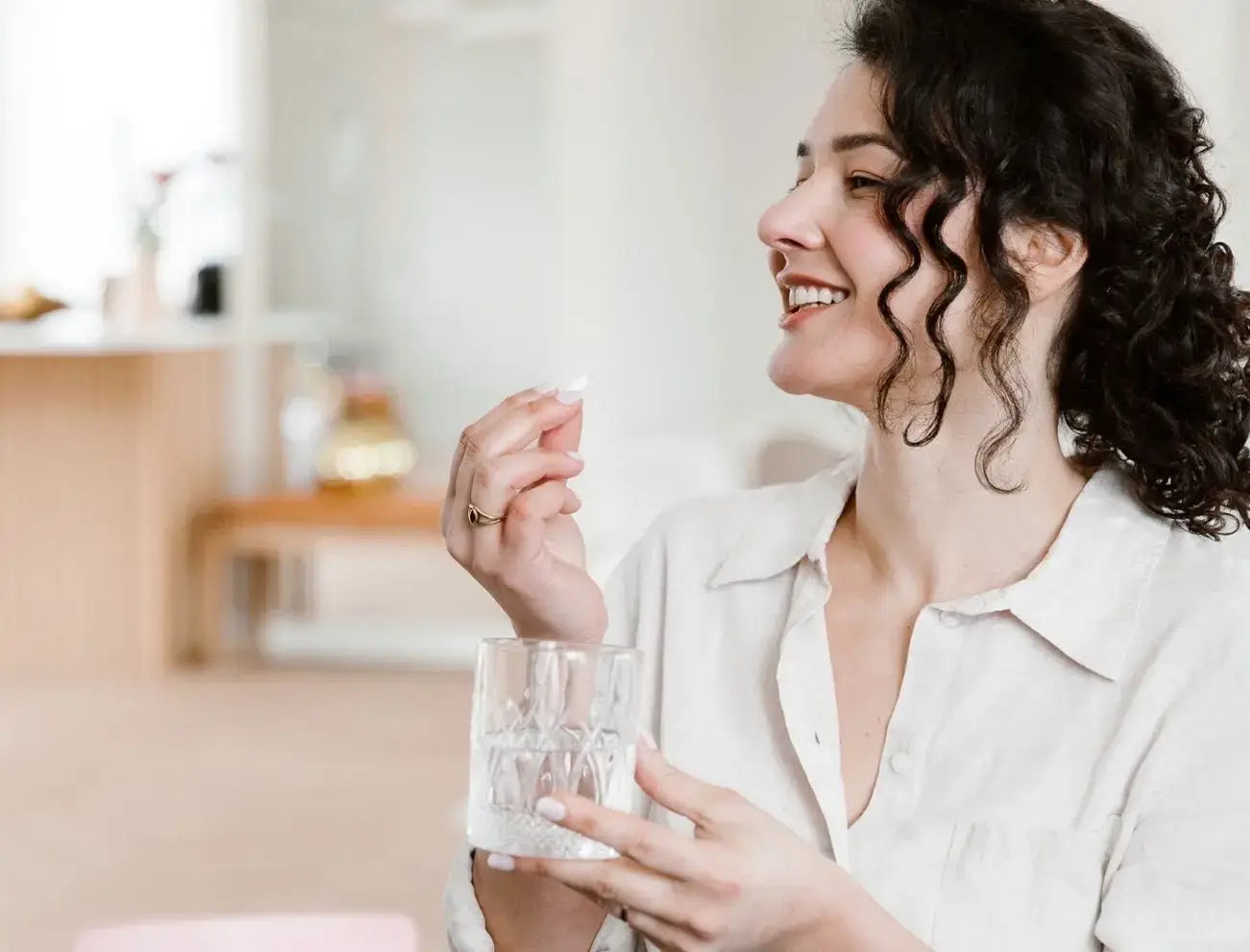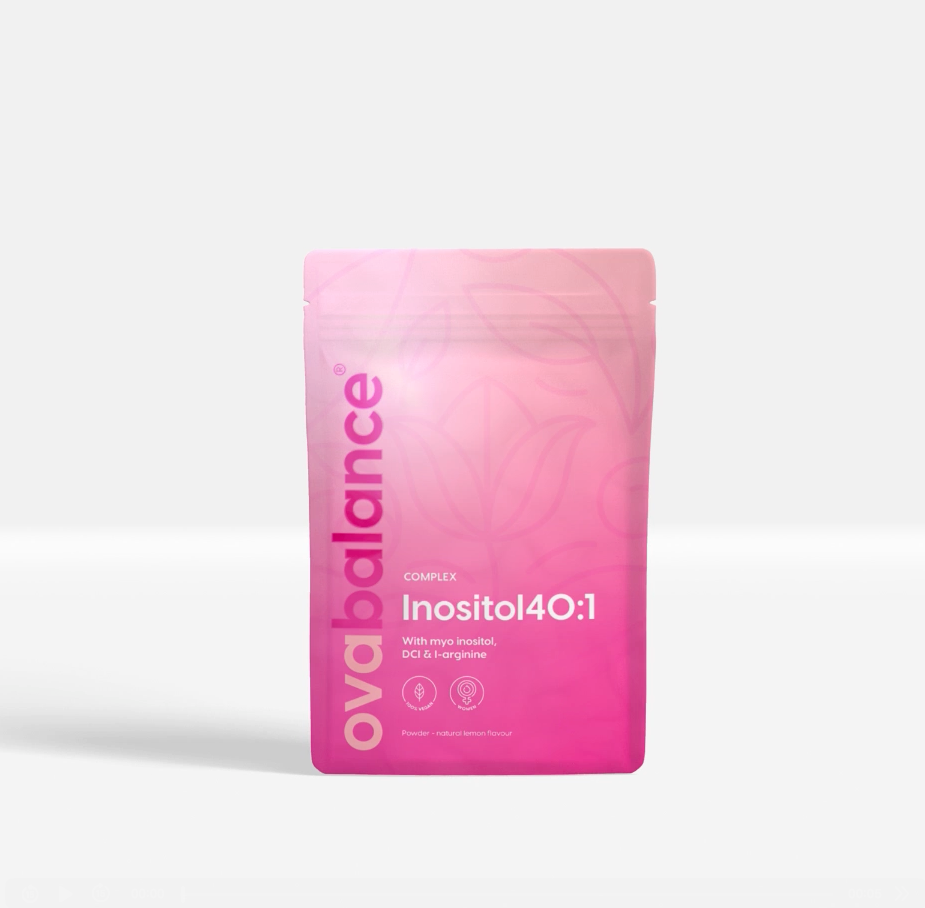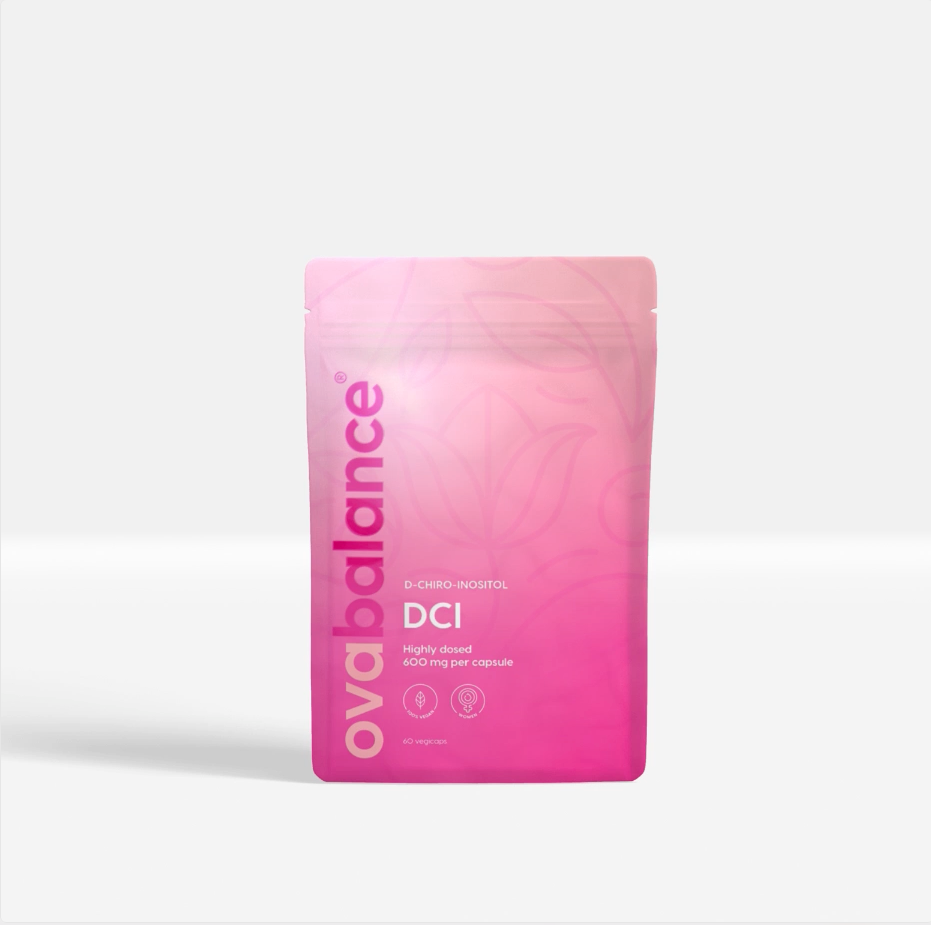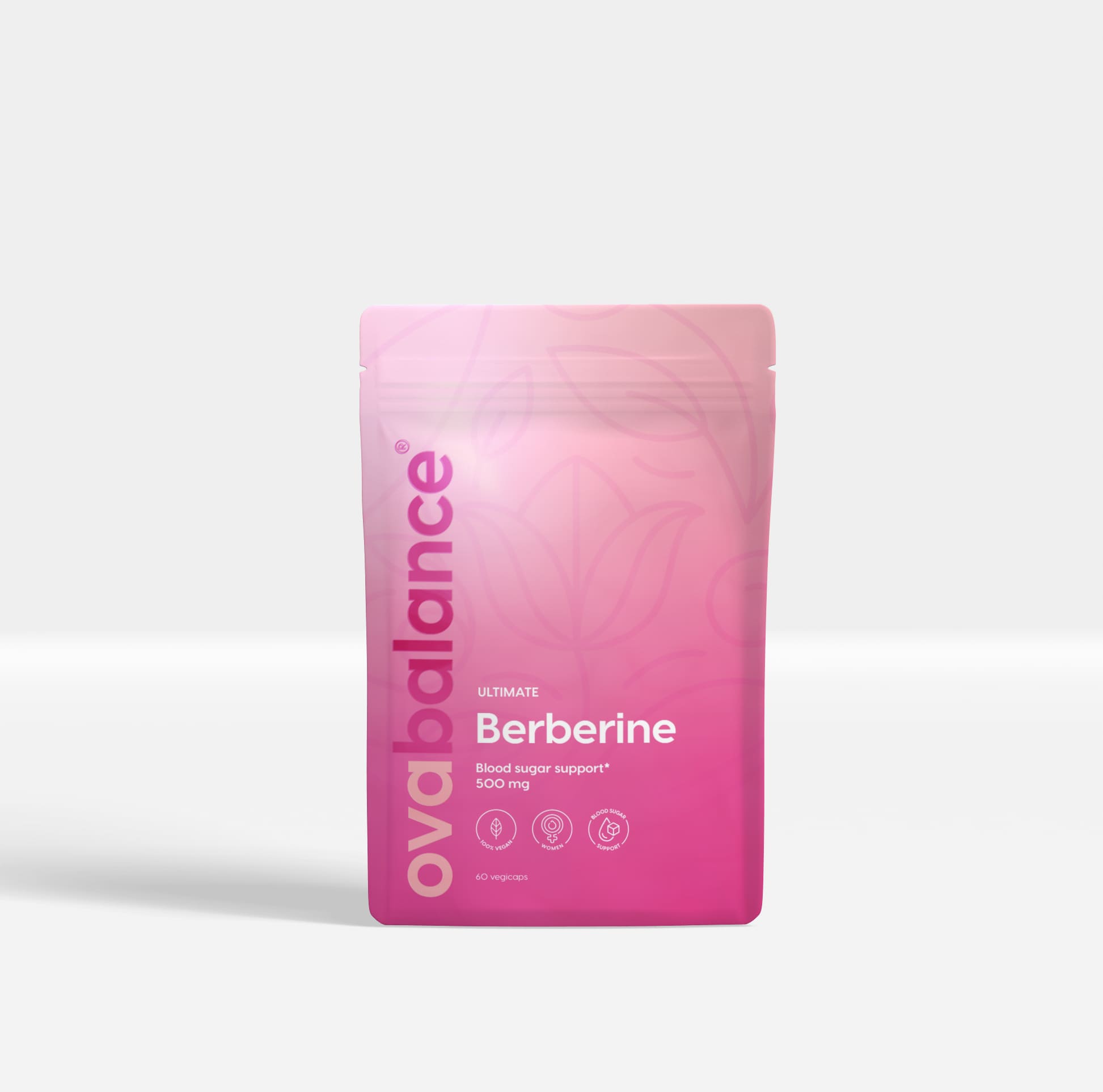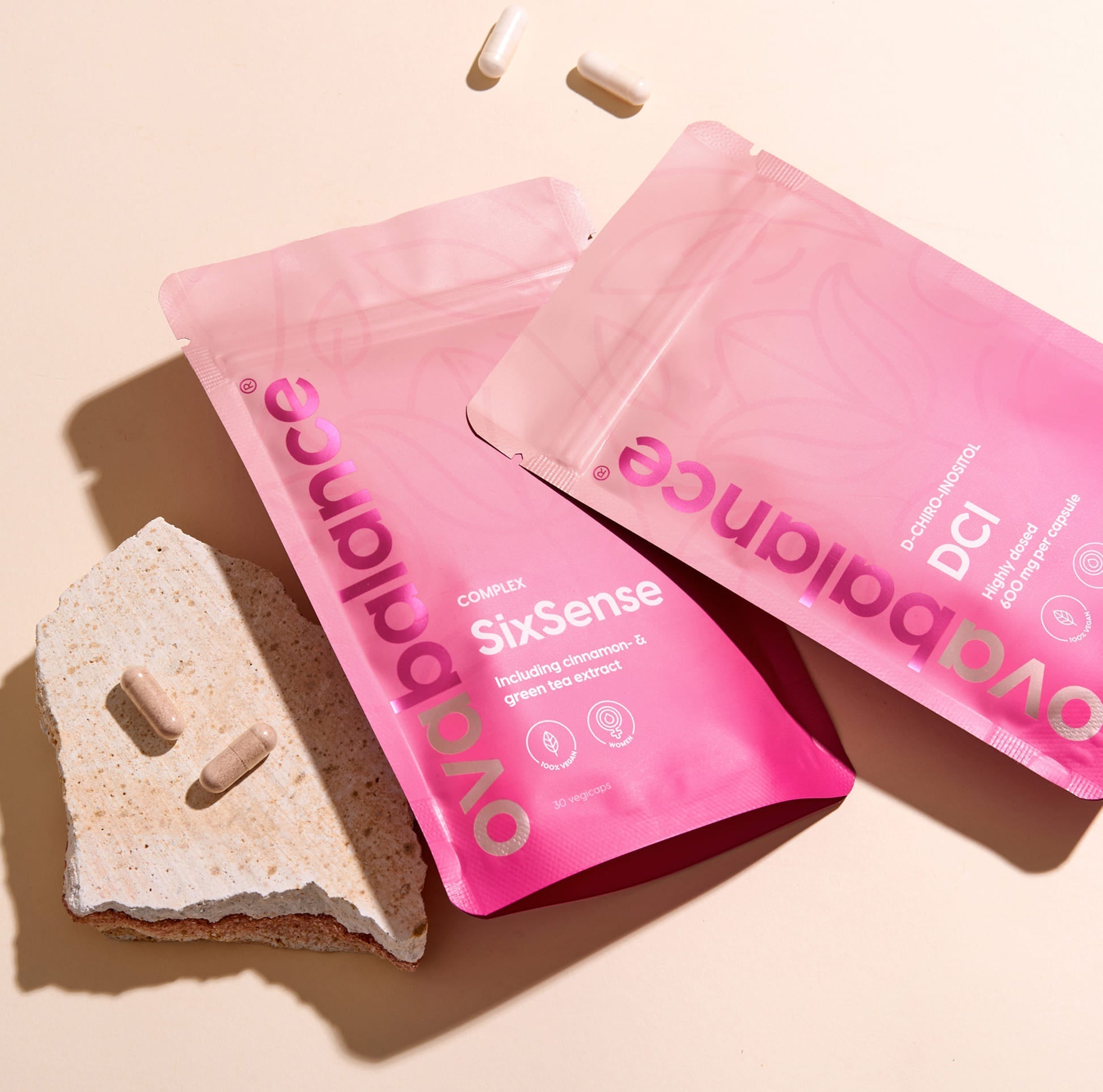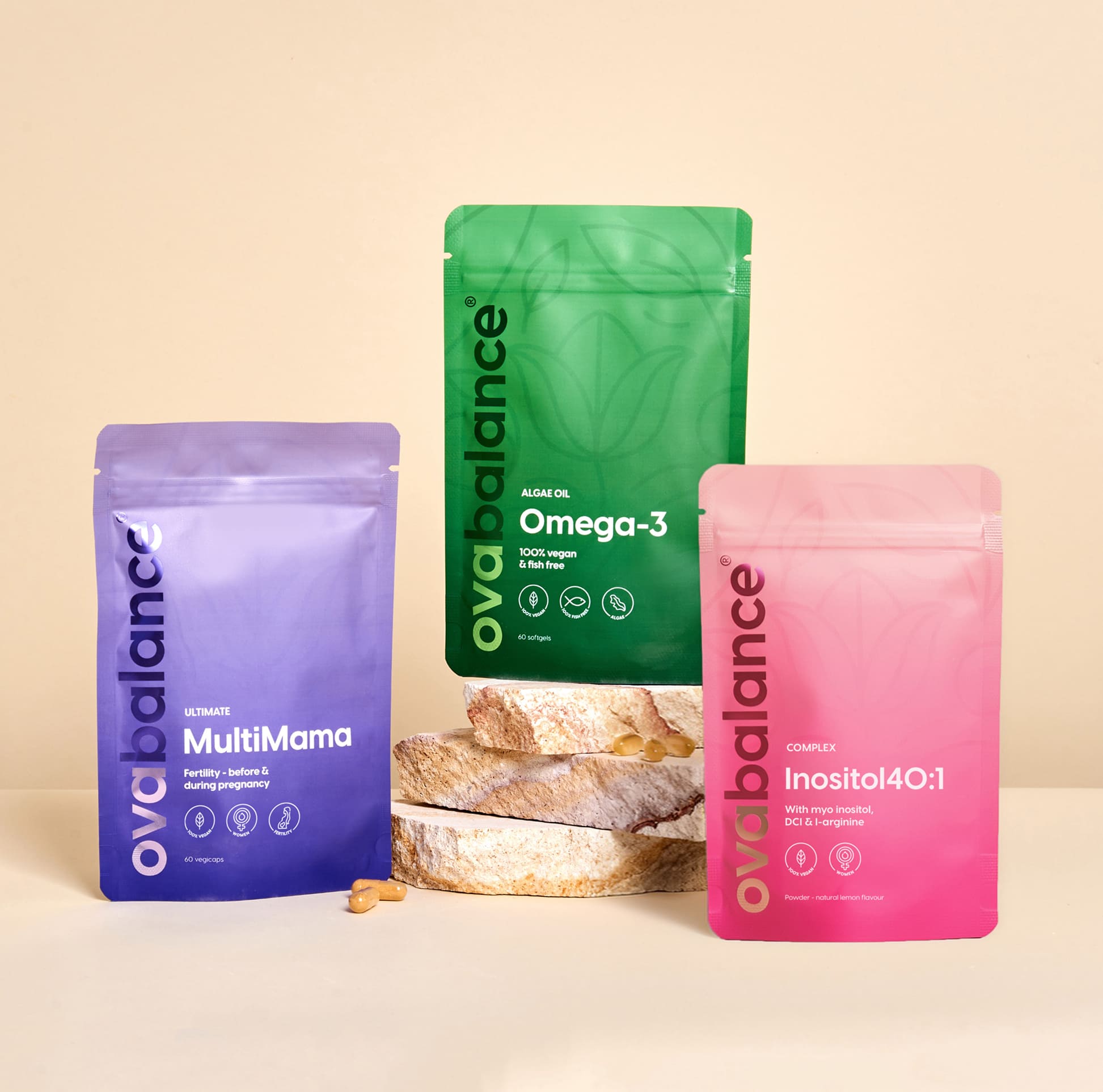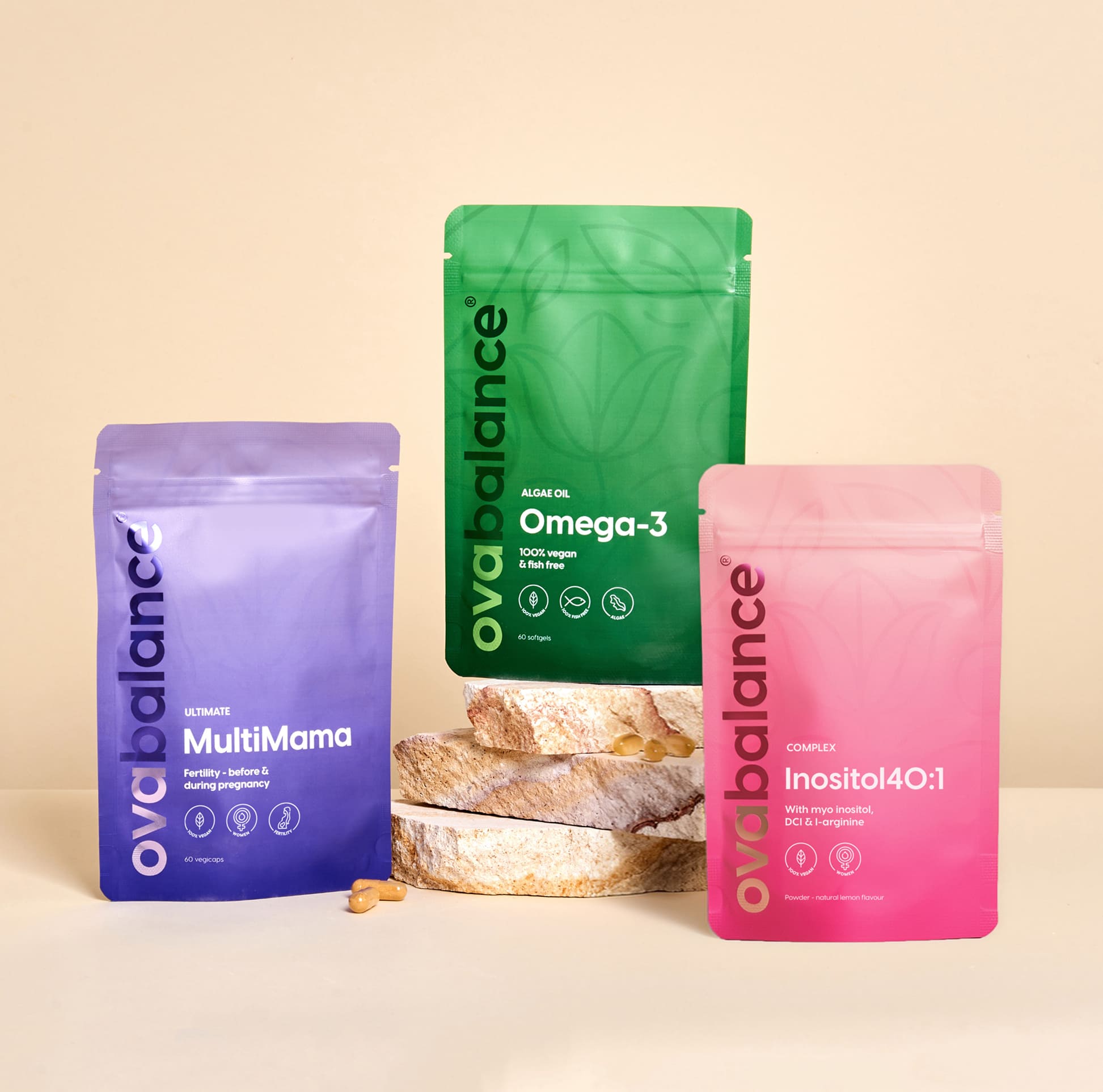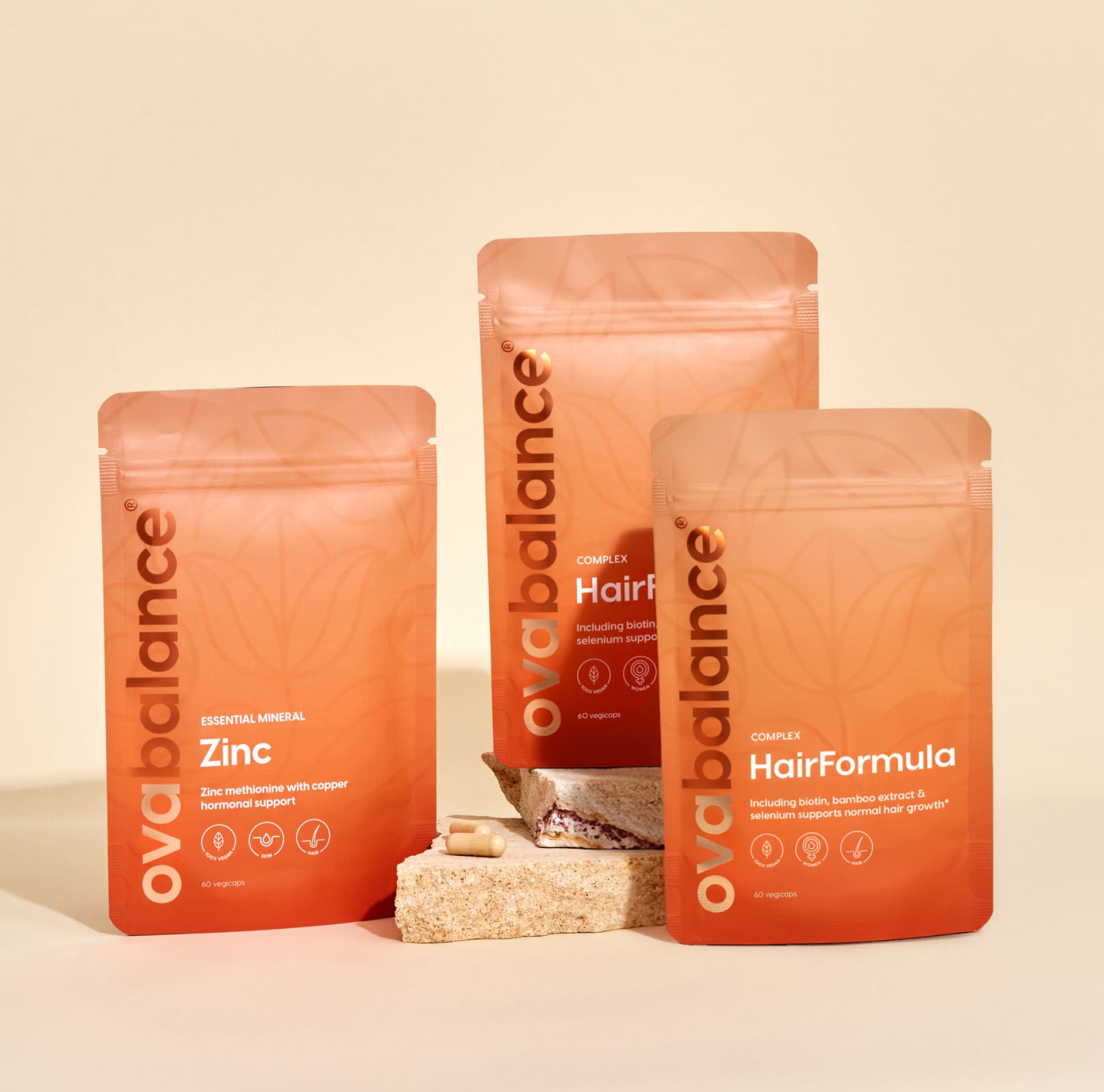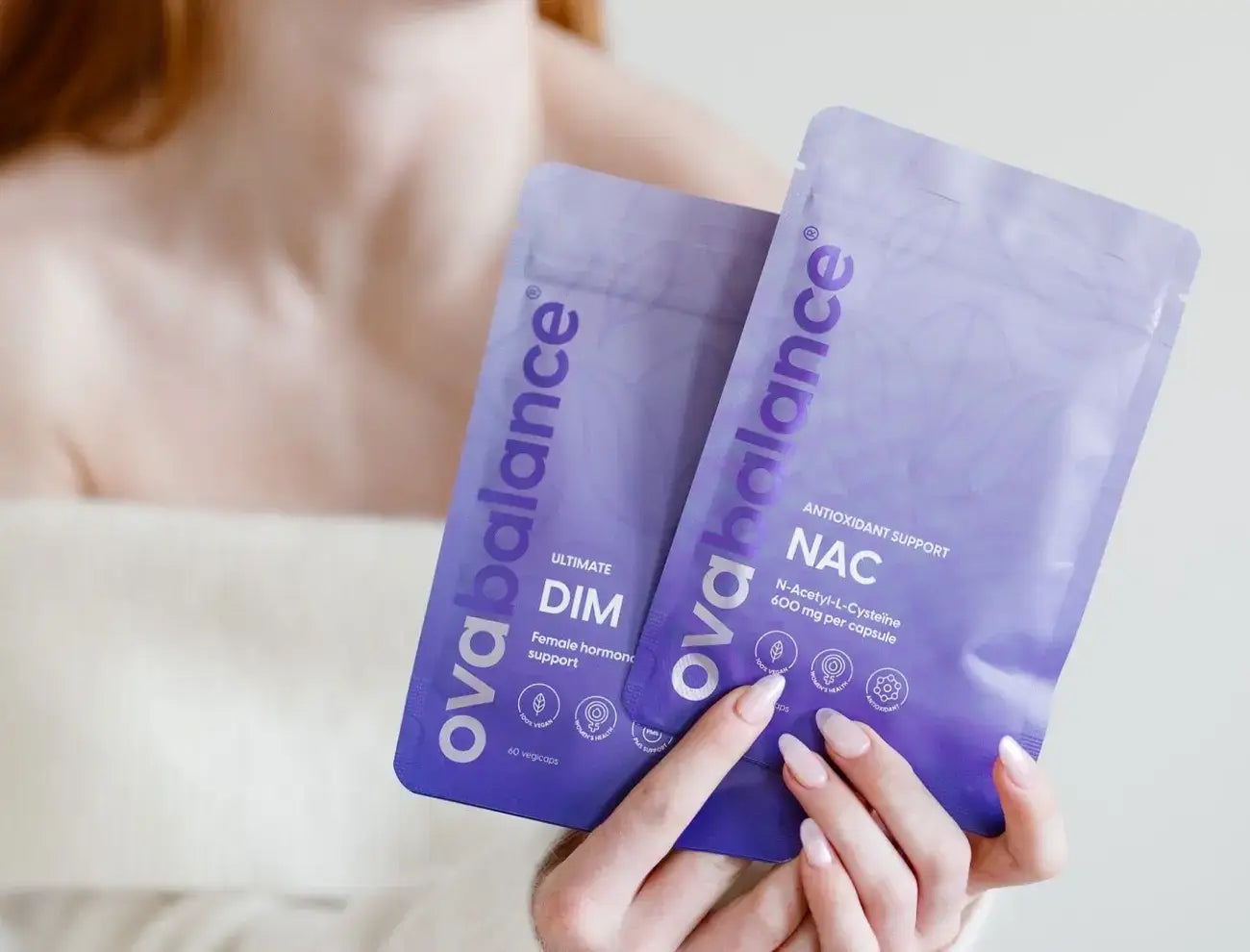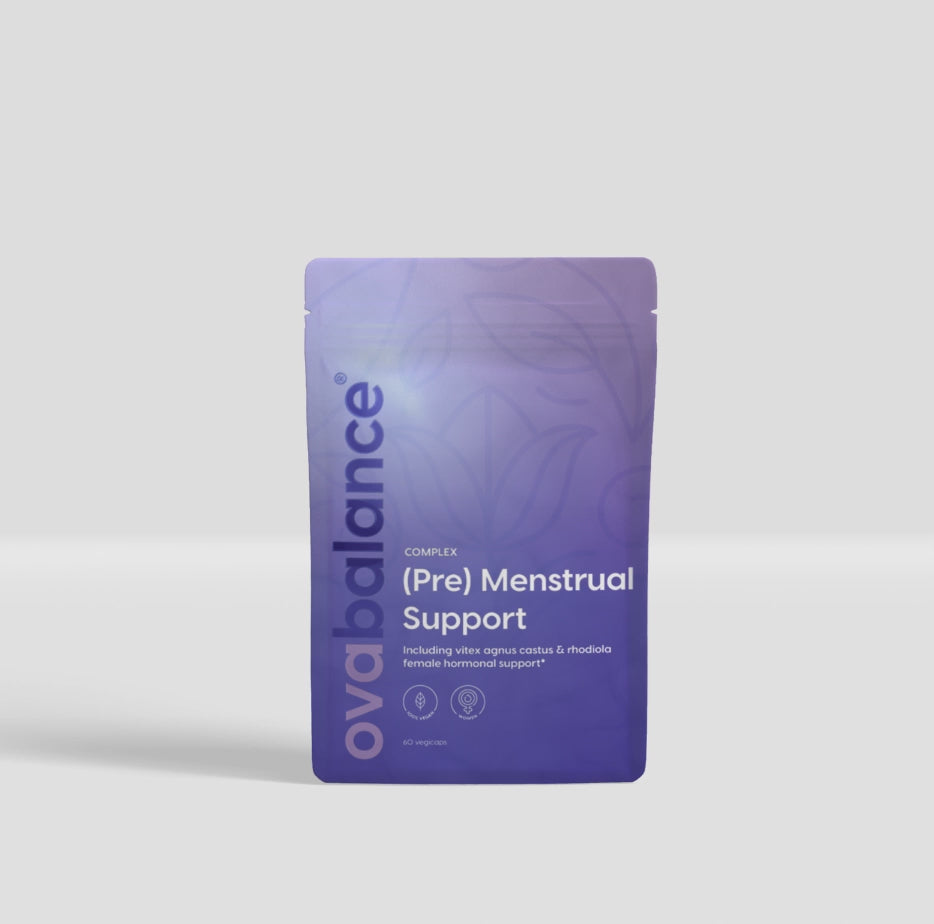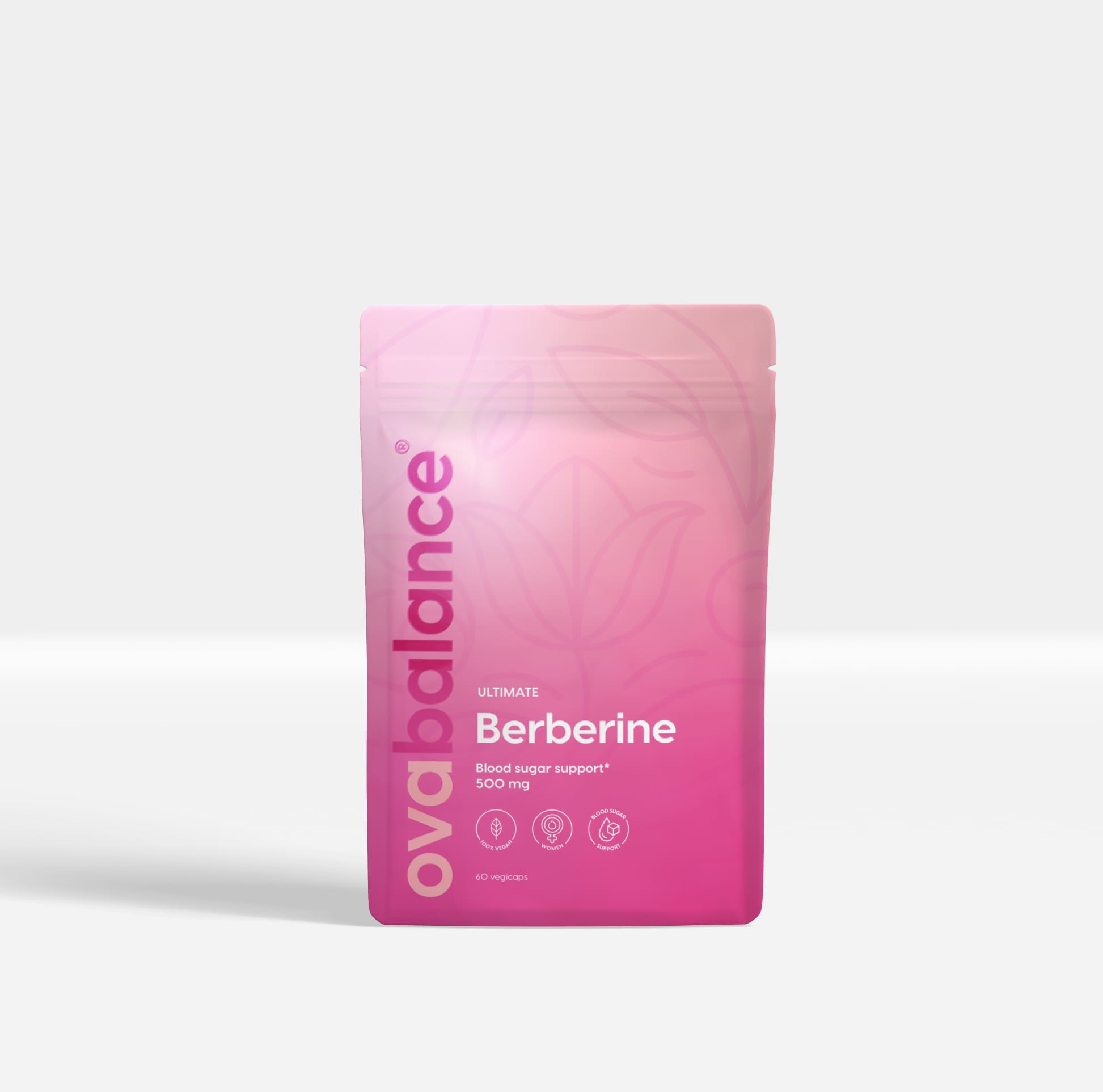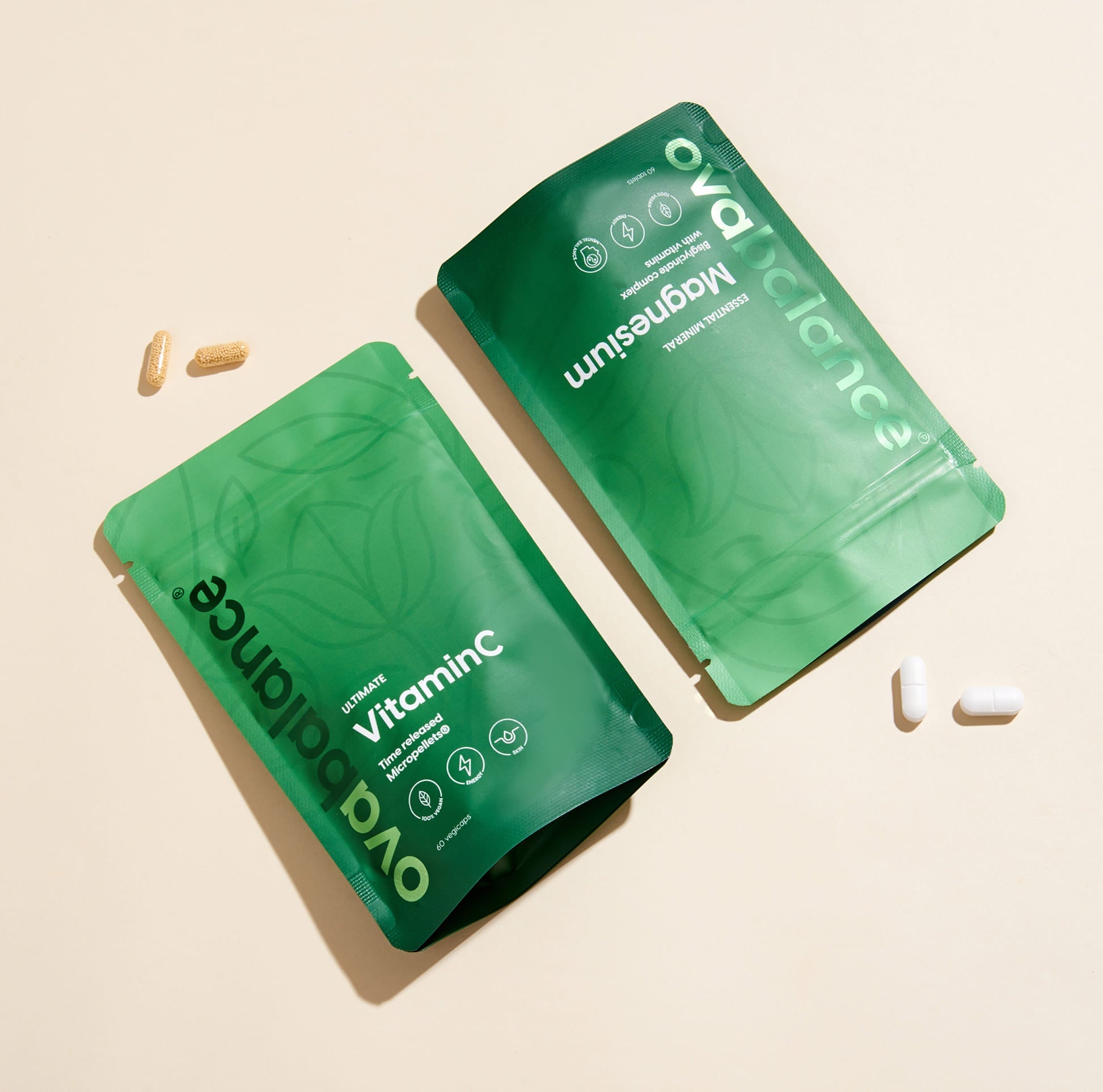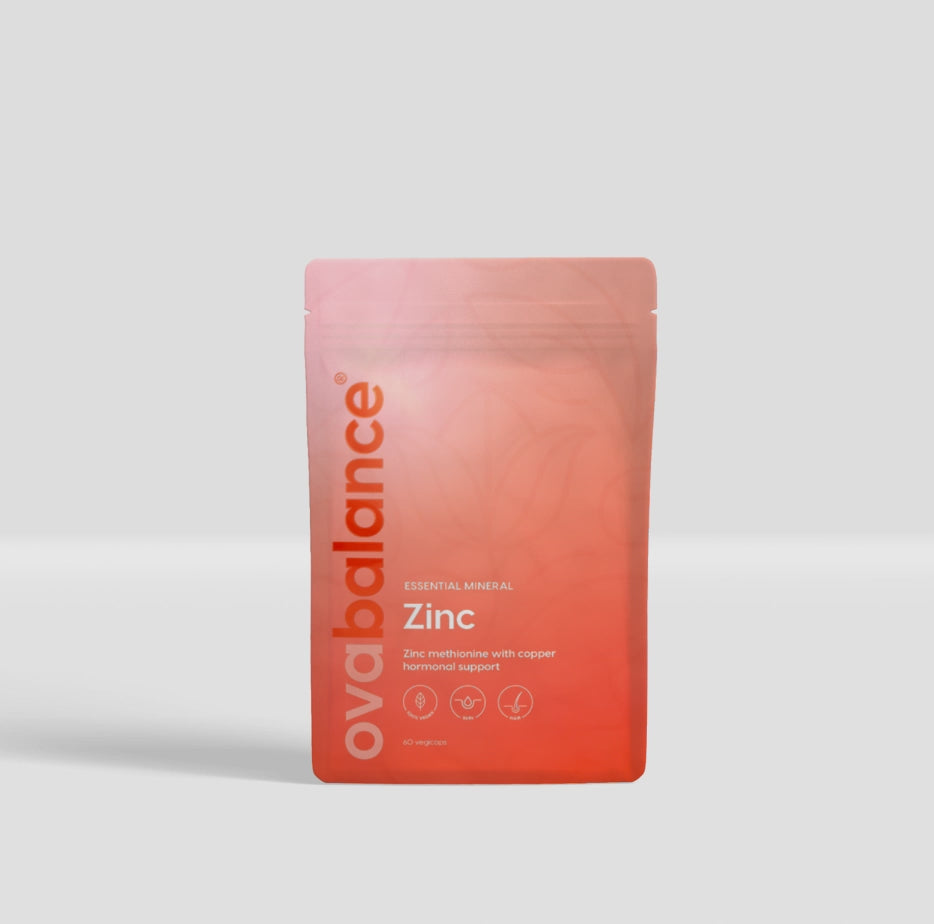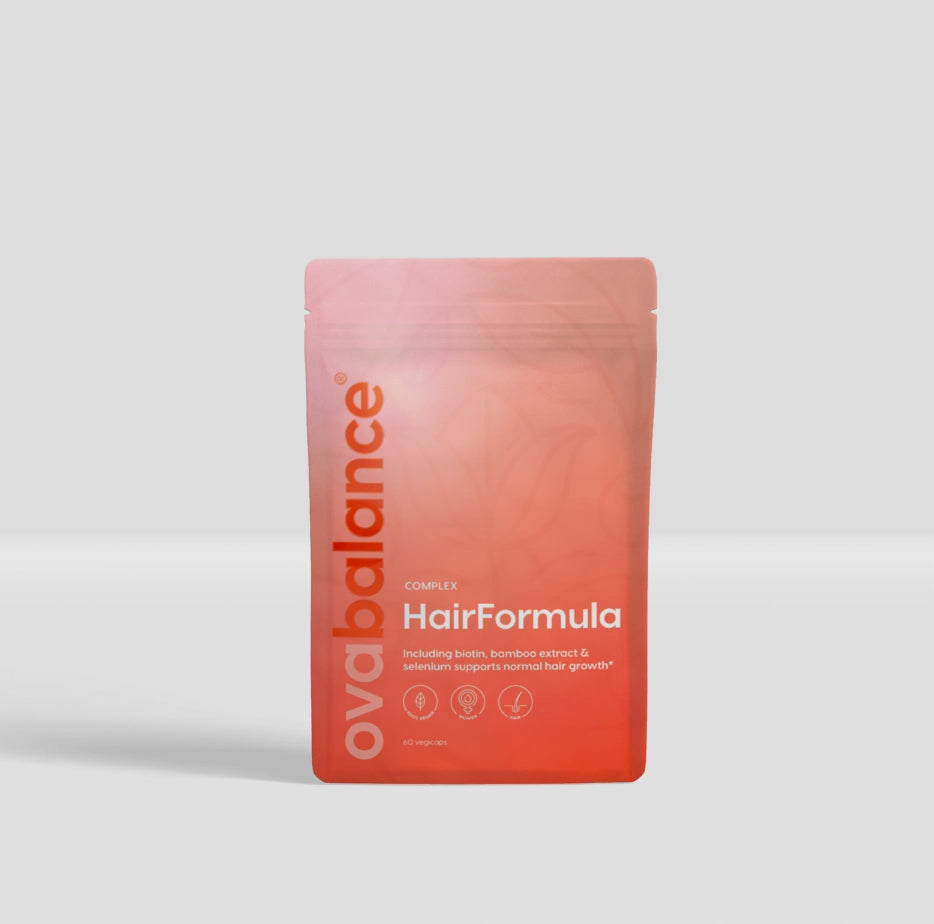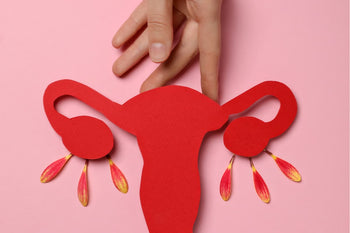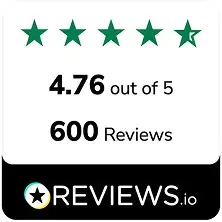

Among other things, it contributes to a normal metabolism, it helps maintain strong bones and it is good for the quality of sperm. Of course, we are talking about zinc. But what is zinc? And where is the mineral zinc found?' Time for some more information about this healthy trace element.
Contents
What is zinc?
Zinc is a trace element : a mineral that your body needs a small amount of. The mineral helps keep your body running in various ways. For example, it plays a role in building body protein and contributes to the proper functioning of the immune system. It keeps the mind clear, your hair strong and it is good for your skin and nails.
Zinc and fertility
Zinc also supports fertility in both men and women . It contributes to the maintenance of normal testosterone levels and is good for sperm quality.
In short: getting enough zinc through your diet is important.
Which foods contain zinc?
Zinc is found in various foods, but mainly in cheese, meat, nuts and kernels, grain products, and in shellfish such as oysters.
Which vegetables contain zinc?
There are several vegetables that contain zinc, but spinach, mushrooms and asparagus are especially known for their high amounts of zinc.
Which nuts and seeds are rich in zinc?
Especially the seeds hemp seed, linseed, pine nuts and pumpkin seeds contain a lot of zinc. Of the nuts, the cashew nut and pecan nut are leaders when it comes to the amount of zinc they contain.
How much zinc do I need per day?
According to the Nutrition Center, a male aged 18 and over has a recommended daily amount of 9 milligrams of zinc. A female aged 18 and over has a recommended daily amount of 7 milligrams.
For pregnant women, the requirement is higher: namely 9.1 milligrams, because the baby also uses zinc. And when you breastfeed, your body even requires 11 milligrams of zinc per day.
'Am I getting enough zinc?'
The advice is to eat zinc-rich food every day. However, this is more difficult than you might think. In recent years, people have been consuming fewer and fewer nutrients [1]. This can be due to a change in diet, but also, for example, to the quality of the soil on which crops grow. In Dutch agricultural land, a decrease can be seen in zinc, among other things. It seems logical that a less qualitative soil also produces crops with fewer nutrients in it. But whether we can assume this cannot be said with certainty [1]. Science is therefore not yet entirely sure what the exact cause is of the fact that we are consuming fewer nutrients.
In addition, vegetarians and vegans have a greater chance of a less adequate intake of zinc. If you do not eat animal products, you are already missing out on a large group of zinc-rich foods. In addition, plant-based zinc is less well absorbed by the body than zinc from animal sources.
Zinc in a supplement
Zinc supplements can complement your healthy diet with an extra dose of zinc. OvaBalance offers a zinc supplement with the most absorbable form of zinc.
Zinc-Methionine is the only form of zinc that does not bind to tannins, phytate, or oxalate. Other forms can bind to these substances, making it harder for zinc to be absorbed into your bloodstream via your intestines.
Safe Zinc Supplement
When you take minerals, they compete with each other for absorption into the body. This means that the absorption of certain minerals can be suppressed somewhat when you take a large dose of one particular mineral. When you take a high dose of zinc, there is a chance of a copper deficiency. That is why copper has been added to the Ovabalance zinc supplement, which helps you maintain the levels of both minerals.
The Ovabalance supplement has a safe dosage. Of course, stick to the daily recommended dosage.
[1] Hospers-Brands, AJTM, JJM Staps, et al. Trends in soil and crop quality: Literature study. Report 2017-018 LbP. Louis Bolk Institute, Driebergen.
